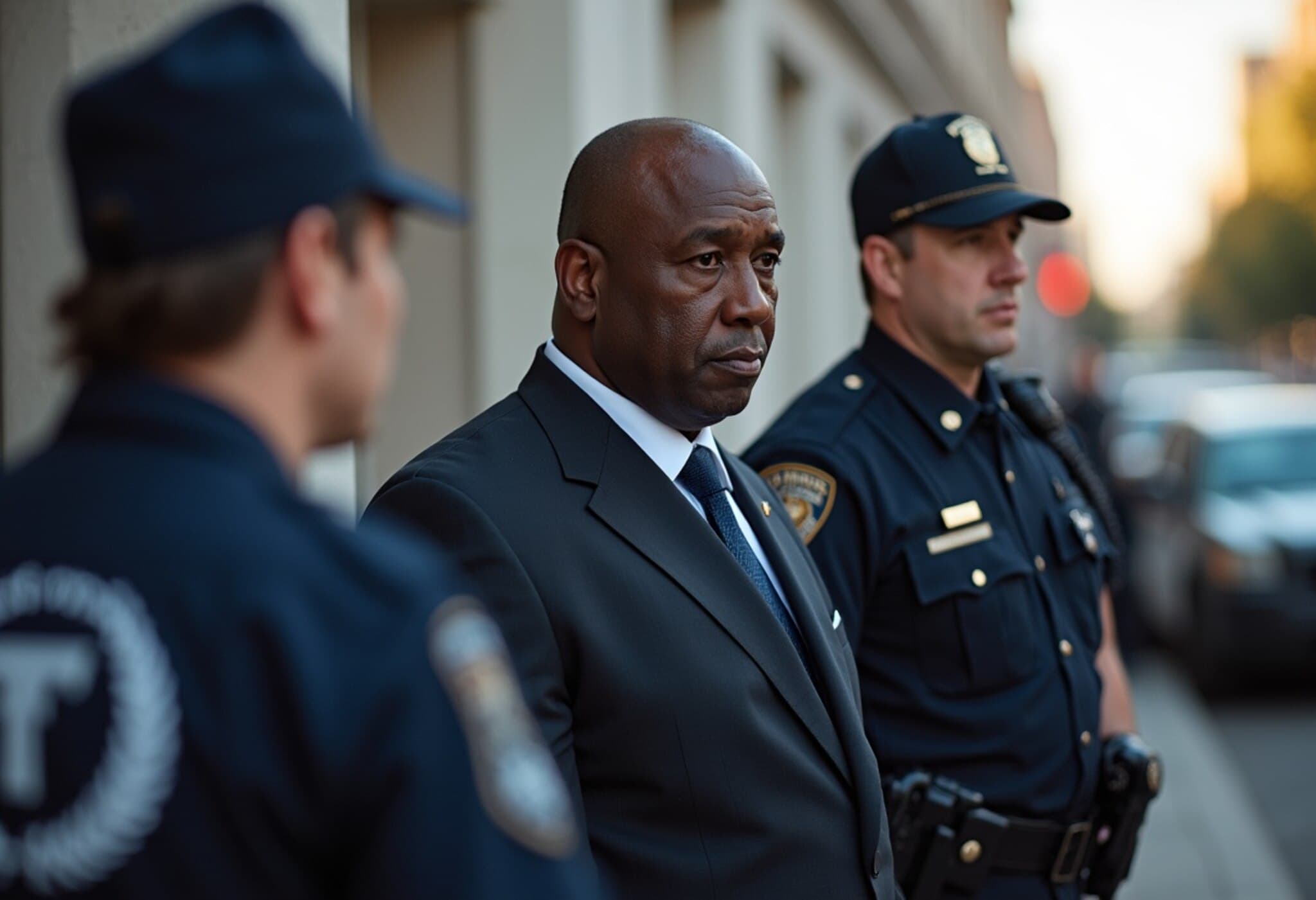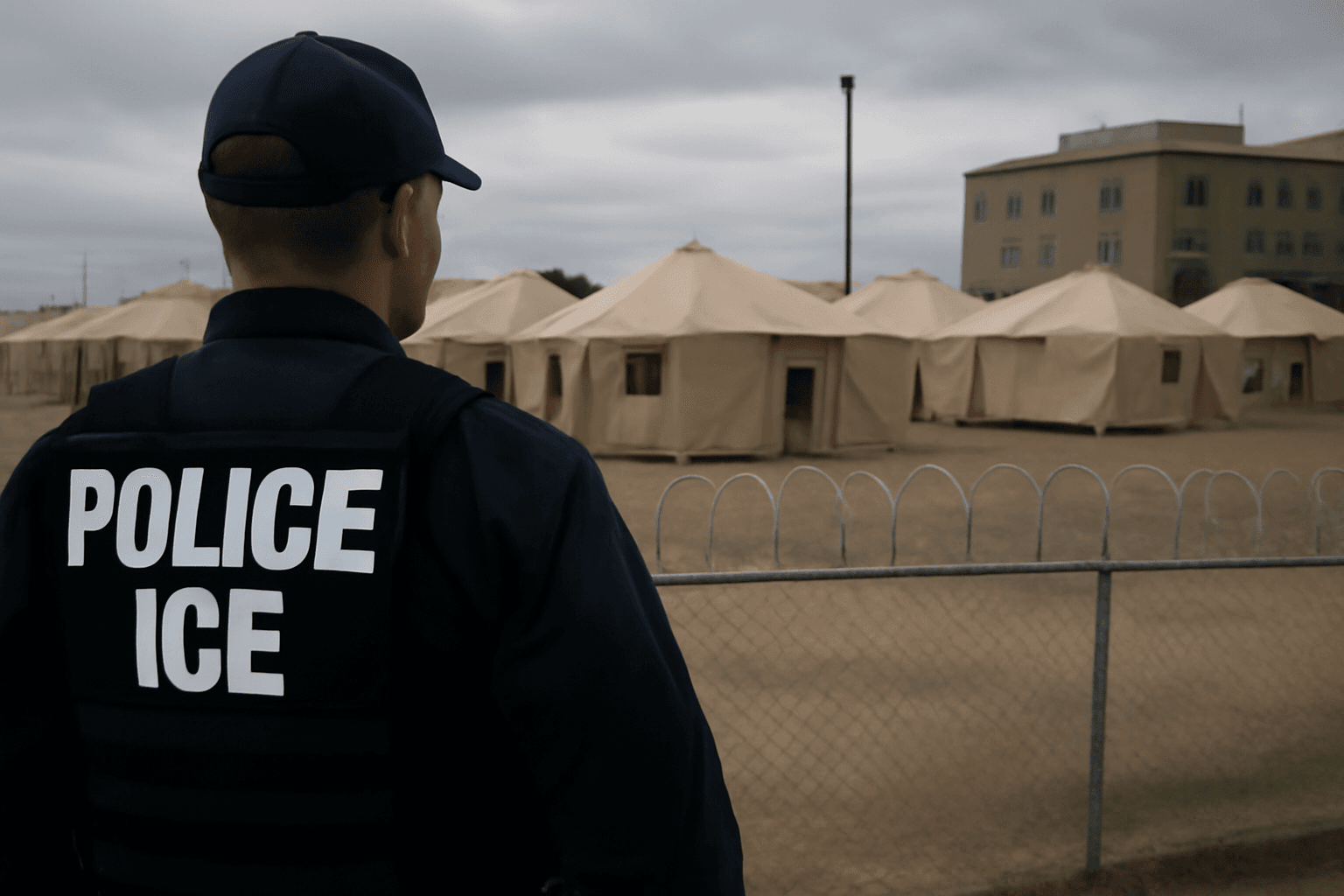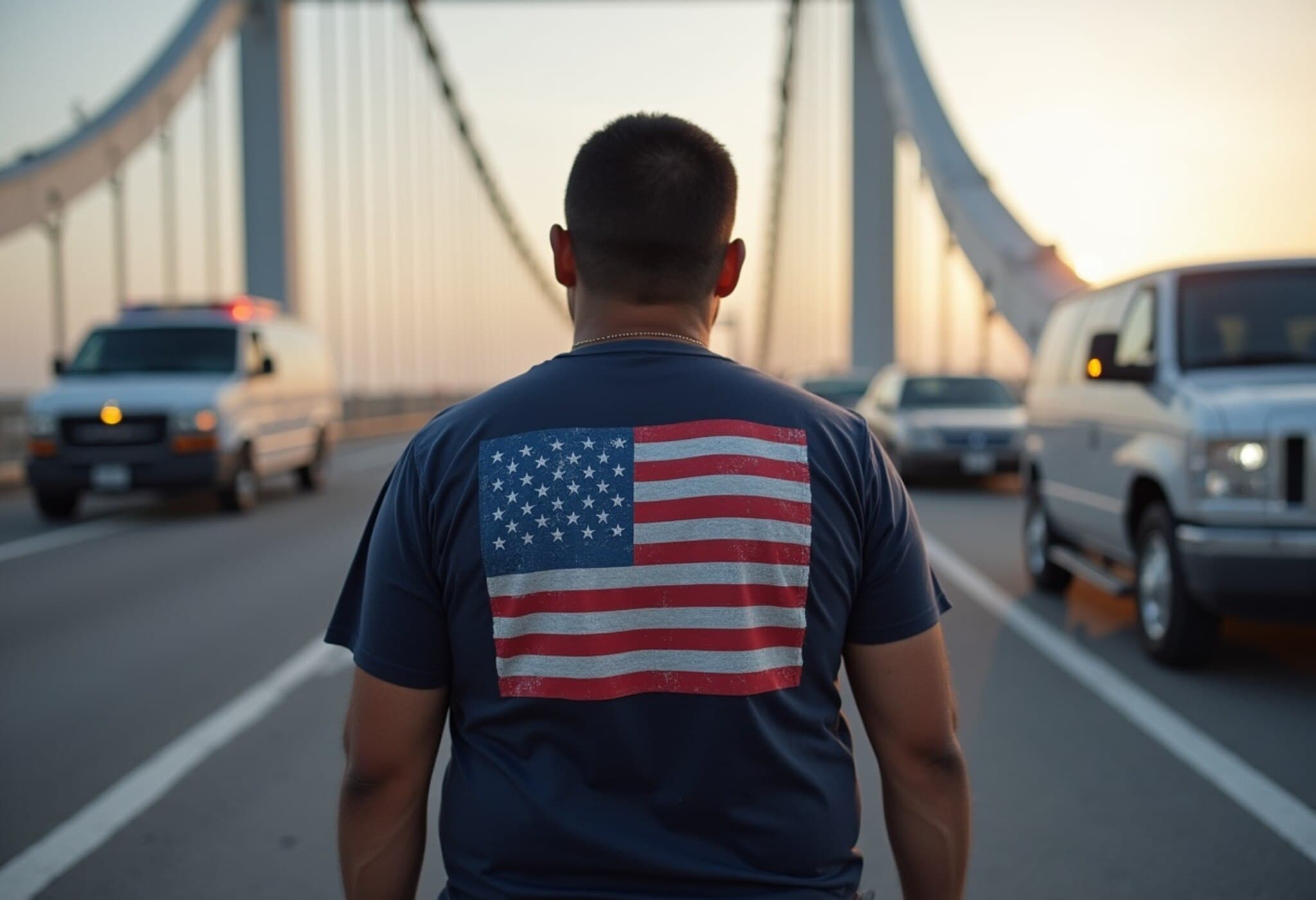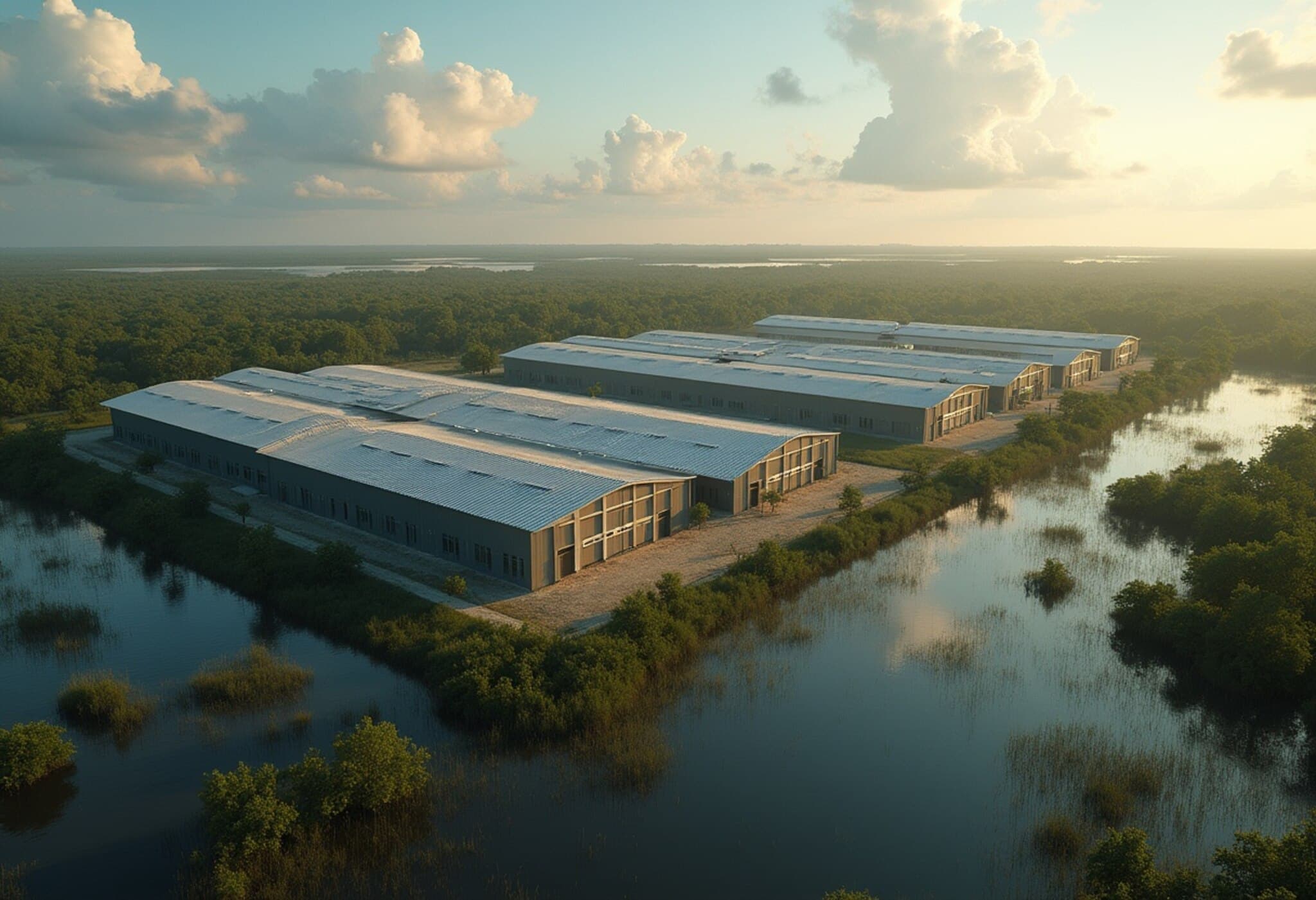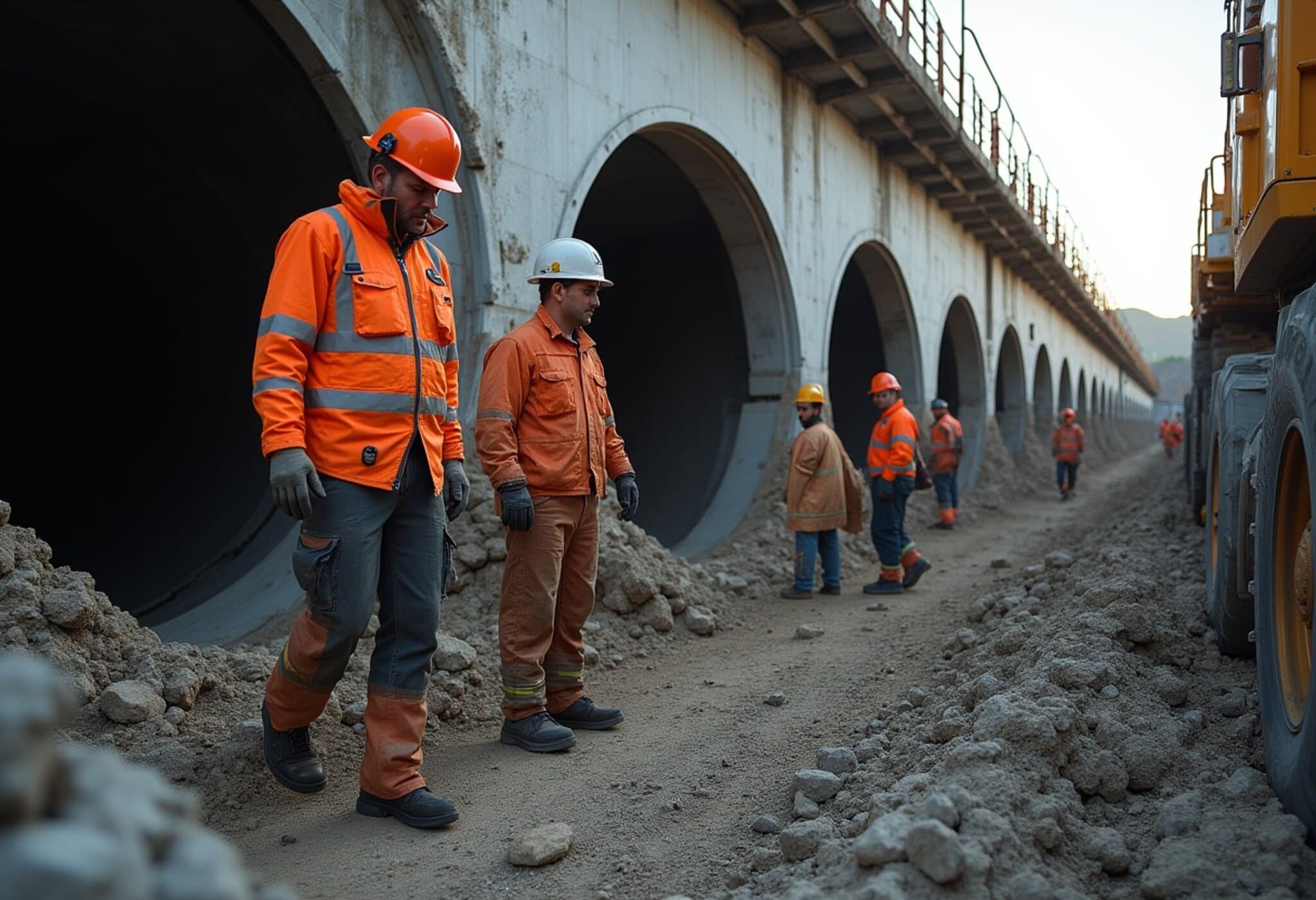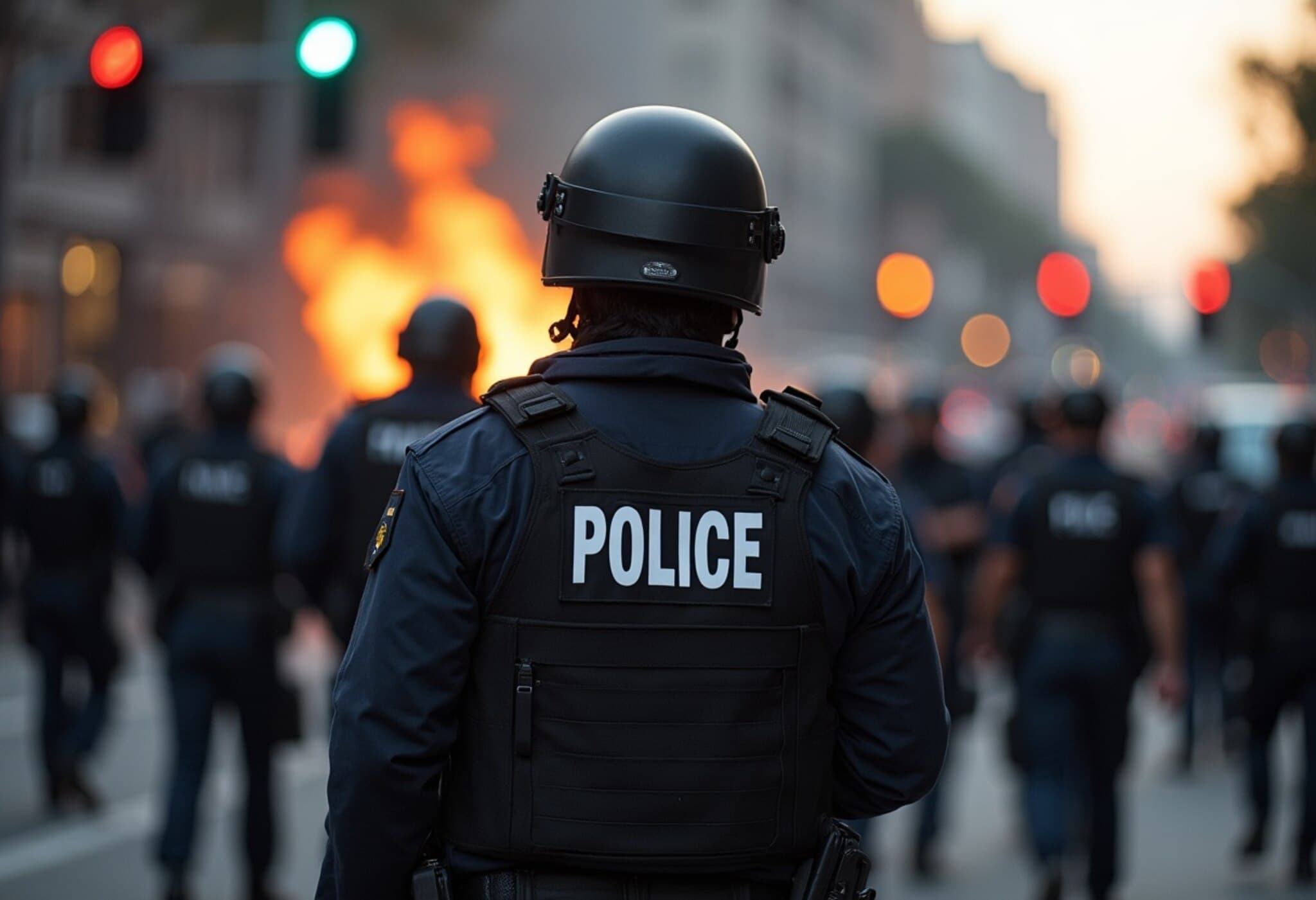Appeals Court Reinforces Restrictions on Federal Immigration Arrests in Los Angeles
In a significant legal development, a federal appeals court on Friday upheld a lower court’s decision temporarily barring U.S. government agents from conducting immigration-related arrests in Los Angeles without credible probable cause. The ruling marks a critical check on the federal government’s enforcement tactics amid contentious immigration policies.
Curtailing Racial Profiling and Unlawful Detentions
The three-judge panel from the U.S. Court of Appeals for the Ninth Circuit rejected the Trump administration’s request to pause the restraining order. According to the judges, plaintiffs have demonstrated a strong likelihood of proving that federal agents were detaining individuals based solely on appearance, language, or their neighborhoods and workplaces.
The order explicitly prohibits federal officials from arresting individuals based on “apparent race or ethnicity,” speaking Spanish or accented English, or simply being present at locations such as bus stops, car washes, day laborer pickup sites, and agricultural fields. This clarifies the court’s stance against racial profiling as an unlawful enforcement method.
Context: Military Deployment and Community Backlash
Earlier in June, President Trump had deployed National Guard troops and U.S. Marines to Los Angeles following protests against aggressive immigration raids. This marked an exceptional and controversial use of military personnel to assist civilian police forces on U.S. soil, drawing sharp scrutiny over civil rights and militarization concerns.
The City of Los Angeles, along with other Southern California municipalities, joined legal efforts led by the American Civil Liberties Union (ACLU) seeking to challenge federal immigration practices perceived as violating constitutional rights.
Implications for Immigrant Communities and Legal Rights
The ACLU lawsuit highlighted troubling reports of federal agents allegedly conducting sweep operations that infringed on immigrants’ rights, including denying detainees access to legal counsel. Last month, a California federal judge issued a ruling blocking racial profiling and ensuring the right of immigrants to consult with lawyers during detention.
Los Angeles Mayor Karen Bass applauded Friday’s ruling, calling it a “victory for our city” and emphasizing the importance of protecting communities from what she described as “cruel and aggressive enforcement raids.”
Mohammad Tajsar, senior staff attorney at the ACLU Foundation of Southern California, added: “This decision is further confirmation that the administration’s paramilitary invasion of Los Angeles violated the Constitution and caused irreparable injury across the region.”
Expert Insight: The Broader Legal and Social Landscape
This ruling arrives at a crucial crossroads in U.S. immigration enforcement policy. Legal experts note that the case underscores rising tensions between federal authority and local governments advocating for immigrant protections. It also highlights ongoing debates about law enforcement accountability and the risk of constitutional infringements amid national security efforts.
- Federal vs. Local Jurisdiction: Cities like Los Angeles have increasingly contested federal immigration raids, striving to assert protections in sanctuary city policies.
- Community Impact: Enforcement tactics based on profiling can lead to widespread mistrust and fear within immigrant communities, affecting cooperation with law enforcement and access to services.
- Legal Precedents: This case reinforces judicial scrutiny over racial profiling and highlights the need for probable cause as a safeguard against arbitrary detentions.
With immigration remaining a polarizing issue in U.S. domestic policy, this decision could set important precedents for how federal enforcement agencies operate within urban areas with large immigrant populations.
What’s Next?
The Department of Homeland Security and U.S. Immigration and Customs Enforcement have yet to comment on the ruling. However, the appeals court’s stance suggests prolonged oversight of federal operations in Los Angeles, prompting federal agencies to reconsider enforcement approaches that respect constitutional protections while pursuing immigration objectives.
Community and Advocacy Groups Continue to Mobilize
This ruling emboldens local advocates pushing for immigrant rights and civil liberties. It highlights the ongoing challenge of balancing immigration control with upholding constitutional values—a debate that resonates far beyond Los Angeles.

